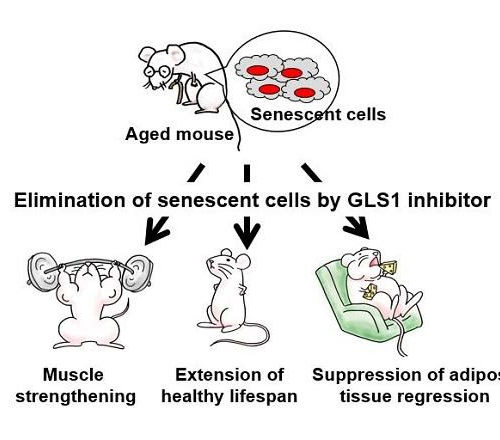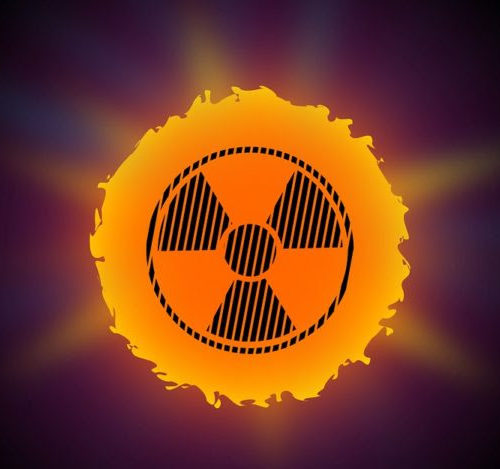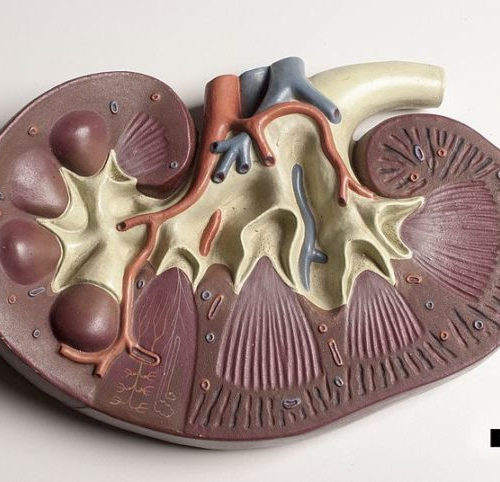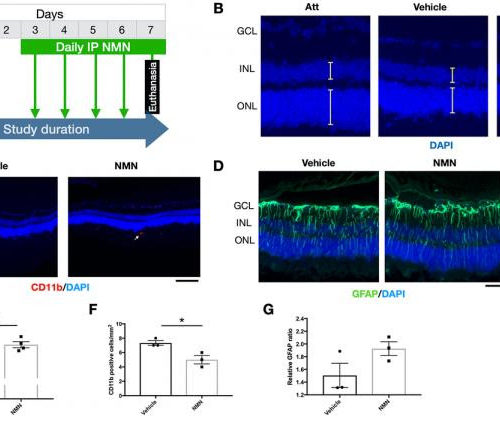THE INSTITUTE OF MEDICAL SCIENCE, THE UNIVERSITY OF TOKYO IMAGE: THE RESEARCH TEAM IDENTIFIED A GLS1 INHIBITOR THAT SELECTIVELY REMOVES SENESCENT CELLS, FOUND THAT ADMINISTRATION OF THE GLS1 INHIBITOR IMPROVES AGE-RELATED TISSUE DYSFUNCTION AND THE SYMPTOMS OF OBESE DIABETES, ARTERIOSCLEROSIS,AND NASH CREDIT: ©NAKANISHI MAKOTO, THE INSTITUTE OF MEDICAL SCIENCE, THE UNIVERSITY OF TOKYO(IMSUT) Senescent cells...
Category: <span>Anti-aging</span>
Sleep deprivation may exacerbate frailty’s effects on mental health in older adults
WILEY Previous studies have linked sleep deprivation and frailty with depression. A new study published in the Journal of the American Geriatrics Society that examined their combined effect suggests that short sleep intensifies the impacts of frailty on depressive symptoms. Among 5,026 community-dwelling older adults in China, participants who were frail at the start of the study...
Could playing host to hookworms help prevent ageing?
ELIFE Parasitic worms could hold the key to living longer and free of chronic disease, according to a review article published today in the open-access eLife journal. The review looks at the growing evidence to suggest that losing our ‘old friend’ helminth parasites, which used to live relatively harmlessly in our bodies, can cause ageing-associated inflammation. It...
Aging is Contagious within the Body
In the midst of a discussion regarding the limitations of life span studies, in that the use of death as an endpoint fails to capture all of the variances in health due to aging, the authors of this paper offer up the thought that aging is contagious within the body. Declines in one cell spread to another,...
How fat loss accelerates facial aging
WOLTERS KLUWER HEALTH January 27, 2021 – For many of us, as we get older the skin on our face begins to sag and we seem to lose volume around our eyes, cheeks and chin. Is gravity taking its toll in our later years or do we lose fat over the course of several years that...
A Conceptual Shift to (Finally) Seeing Aging as the Cause of Age-Related Disease
The mainstream of the scientific community has for decade after decade followed an entirely incorrect strategy in the matter of aging, and it was only comparatively recently that this state of affairs was changed for the better by the advocacy of groups like the SENS Research Foundation, Methuselah Foundation, and their allies, alongside advances in the science...
AGEs Contribute to Disc Degeneration via Interaction with RAGE
Advanced glycation endproducts (AGEs) are a form of metabolic waste, sugary compounds that can interact harmfully with structures and cells in the body. A few forms of persistent AGE can form lasting cross-links in the extracellular matrix that change the structural properties of tissues, contributing to the loss of elasticity in skin and blood vessels, for example. Most...
Advocating the Use of Low Dose Ionizing Radiation as a Hormetic Treatment
Many forms of mild cellular stress produce benefits to health because they trigger the more efficient operation of cellular maintenance processes such as autophagy. That in turn causes better cell and tissue function, and thus improved health. This stress response and benefit is known as hormesis, and has been robustly proven to take place for...
The Enormous Clinical Potential of Senotherapeutics for the Treatment of Chronic Kidney Disease
Today’s open access review paper is a high level look at what the newfound realization of the importance of senescent cells to aging and age-related disease means for the treatment of chronic kidney disease. At present there are few good options for treatment, and those therapies that are widely used can only slow the progression towards kidney failure....
Aging-US: Nicotinamide mononucleotide in degenerative model of retinal detachment
IMPACT JOURNALS LLC CREDIT: CORRESPONDENCE TO: DEMETRIOS G. VAVVAS IMAGE: Protective effects of delayed NMN administration to retinal detachment (RD). (A) A flow chart for the in vivo experiments. (B-E) Delayed NMN administration still have protective effect to outer nuclear layer (ONL) thickness 7 days post RD. N = 3 to 4 eyes per group....






